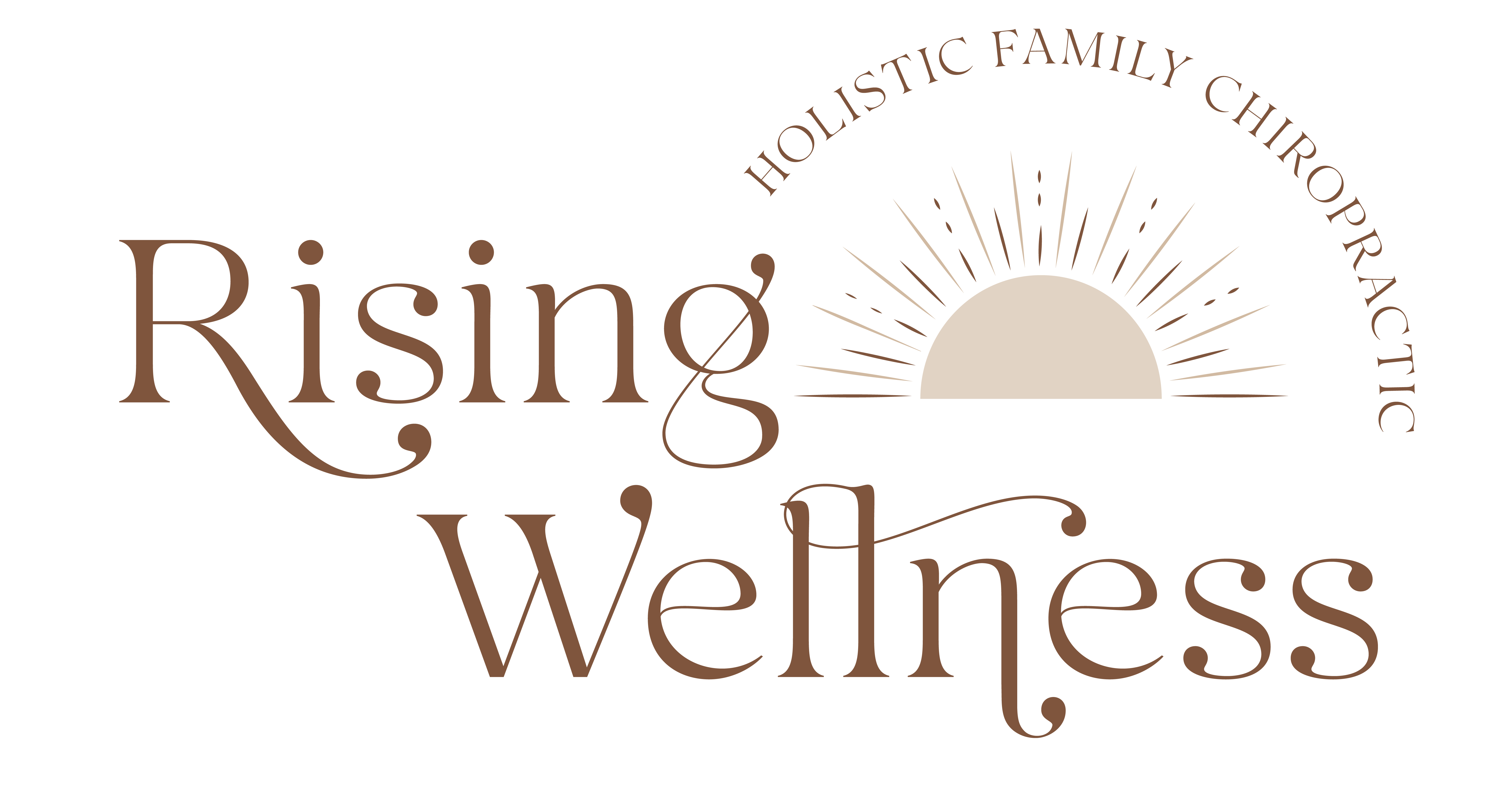
Stress Management in High-Pressure Careers
In the fast-paced world of high-pressure careers, hustle culture, stress can become a constant companion, affecting both professional performance and personal well-being. As the demands of these roles intensify, it becomes increasingly important to develop effective stress management strategies to ensure resilience, nervous system regulation and success. Here are some practical approaches to alleviate stress in high-pressure careers:
Time Management and Prioritization
Effective time management is a cornerstone of stress management. Break down tasks into smaller, more manageable components, and prioritize them based on urgency and importance. Utilize productivity tools, create realistic schedules, and allocate time for breaks to avoid feeling overwhelmed.
The Role of the Nervous System in Stress Response
The nervous system plays a pivotal role in how our bodies respond to stress. The sympathetic nervous system, often referred to as the “fight or flight” system, activates in response to stressors, preparing the body to face a perceived threat. In high-pressure careers or high stress situations, this system can become overstimulated, leading to a constant state of heightened alertness. Over time, this chronic activation can result in a range of health issues.
Chiropractic Care: A Holistic Approach to Stress Management
Nervous system-focused chiropractic care aims to restore balance to the nervous system by addressing misalignments in the spine known as subluxations, interference to the brain and the rest of the body. Chiropractors utilize precise adjustments to correct these misalignments, release stored tension, torsion, stress in the body promoting optimal nervous system function. This, in turn, can alleviate tension, reduce stress, and enhance overall well-being.
Benefits of Chiropractic Care for Stress Relief
- Muscle Relaxation – Chiropractic adjustments can help release tension in the muscles, especially in the neck and shoulders, where stress often manifests physically.
- Improved Sleep – Many individuals with high-pressure careers struggle with sleep disturbances. Chiropractic care may contribute to better sleep by promoting relaxation and reducing nervous system hyperactivity.
- Enhanced Mental Clarity – A balanced nervous system is crucial for optimal cognitive function. Chiropractic care may help improve mental clarity, focus, and concentration.
- Immune System Support – Chronic stress can weaken the immune system, making individuals more susceptible to illnesses. By promoting nervous system balance, chiropractic care may support overall immune function.
Incorporating Chiropractic Care into Your Stress Management Routine
- Regular Wellness Adjustments – Schedule routine chiropractic appointments to address spinal misalignments, prevent nervous system interference, and promote ongoing health.
- Mindful Practices – Combine chiropractic care with mindfulness techniques, such as breathwork, meditation, and prayer, to enhance stress resilience.
- Healthy Lifestyle Choices -Embrace balanced living with exercise, a nutritious diet, and ample sleep to enhance chiropractic care benefits.
- Create daily and nightly rhythms – Start yourself with a morning rhythm, getting adequate sunlight, not checking your phone immediately and grounding yourself outside. Throughout the day take breaks to check in with yourself. Cultivate a nightly rhythm for yourself, winding down at night, reducing blue light exposure, and maybe even watching the sunset.
In the demanding landscape of high-pressure careers and stressful situations, prioritizing stress management is essential for longevity and success. Nervous system-focused chiropractic care, like Rising Wellness Chiropractic, offers a holistic approach to addressing the root causes of stress. It also provides individuals the tools they need to navigate the challenges of their careers while maintaining overall well-being. By incorporating chiropractic care into a comprehensive stress management routine, professionals can achieve a healthier work-life balance and thrive in their chosen fields.

